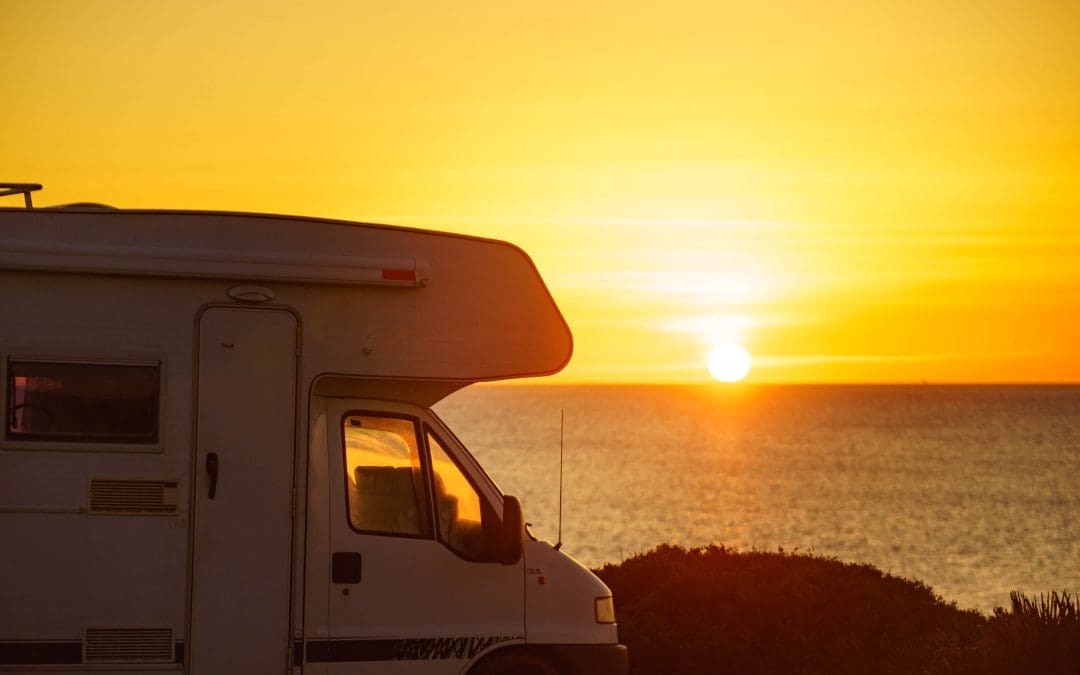Recreational Vehicles (RVs) have become increasingly popular for those seeking adventure and flexibility in their travels. However, many myths and misconceptions surround RV living and traveling. Let’s address and debunk some of the most common RV myths.
Common RV Myths: RVing is Only for Retirees
One of the most pervasive myths is that RVing is primarily for retirees. While it is true that many retirees enjoy the freedom that RV life offers, RVing is not limited to this demographic. Families, young couples, solo travelers, and digital nomads are increasingly taking to the roads in their RVs. The flexibility of RV travel allows people of all ages and backgrounds to explore and live on their own terms.
RVs are Expensive and Unaffordable
Many people assume that RVs are prohibitively expensive, but this is not necessarily the case. While high-end luxury motorhomes can cost a significant amount, many affordable options are available, including used RVs, travel trailers, and campervans. Additionally, compared to traditional travel expenses like hotel stays and dining out, RVing can be a more cost-effective way to travel.
RVs are Difficult to Drive
Driving an RV can initially seem intimidating, especially for those accustomed to smaller vehicles. However, with a little practice and some initial instruction, most people find that it is manageable. Many RVs have modern features like rearview cameras, lane assist, and navigation systems to make driving easier. Additionally, there are different RV sizes, so beginners can start with smaller models to build confidence.
Common RV Myths: RVs are Uncomfortable and Lack Amenities
Another common myth is that RVs are uncomfortable and lack the amenities of a traditional home. Modern RVs are equipped with many of the comforts found in a standard home, including full kitchens, bathrooms, air conditioning, and entertainment systems. Many RV parks also offer amenities such as Wi-Fi, laundry facilities, and swimming pools, making it easy to enjoy a comfortable lifestyle on the road.
RVing is Only for Long Trips
Some believe that RVing is only worthwhile for extended trips, but RVs are also great for short getaways. Weekend trips, spontaneous road trips, and short-term camping adventures are all perfect uses for an RV. The convenience of having your own space and the flexibility to change plans on a whim makes RVs ideal for any length of travel.
RVs are Not Environmentally Friendly
While RVs consume fuel, there are ways to minimize their environmental impact. Many RVers adopt eco-friendly practices such as using solar panels, conserving water, and choosing fuel-efficient models. Additionally, staying in one location for extended periods can reduce overall travel-related emissions compared to traditional travel methods involving frequent flights and hotel stays.
Common RV Myths: RVing is Isolating
The idea that RVing is a solitary activity is far from the truth. The RV community is vibrant and welcoming, with numerous opportunities to meet fellow travelers at campgrounds, RV parks, and through social media groups. Many RVers form lifelong friendships and find community on the road. Additionally, modern technology allows RVers to stay connected with family and friends no matter where they are.
RVing offers a unique and flexible way to travel, providing various experiences for people of all ages and backgrounds. By debunking these common myths, it becomes clear that RVing can be an affordable, comfortable, and socially enriching lifestyle choice. Whether for a weekend getaway or a long-term adventure, the open road awaits those ready to embrace the RV life.
FAQs
How do I find RV-friendly campsites?
There are many resources to find RV-friendly campsites, including websites and apps like Campendium, RV Parky, and AllStays. These platforms provide reviews, amenities, and information about RV parks, campgrounds, and boondocking sites.
How do I maintain my RV?
Regular maintenance is crucial for keeping an RV in good condition. This includes checking and maintaining the tires, brakes, and engine (for motorhomes) and inspecting and servicing the plumbing, electrical systems, and roof. Seasonal maintenance, such as winterizing, is also important to prevent damage.
How do I manage waste in an RV?
RVs have holding tanks for black water (sewage) and gray water (shower and sink water). These tanks must be emptied at dump stations, which are available at many campgrounds and RV parks. To prevent issues, it’s essential to use RV-safe toilet chemicals and maintain the tanks properly.
How do I budget for RV travel?
Budgeting for RV travel involves considering fuel costs, campground fees, maintenance and repair expenses, insurance, and everyday living costs like groceries and dining out. Planning and tracking expenses can help you stay within budget and ensure a stress-free RV experience. There are also various budgeting tools and apps designed specifically for RVers.
Gneiss Goods offers extensive RV inspection services to RV owners and RV buyers in San Antonio and the surrounding areas. Contact us to request an appointment.

